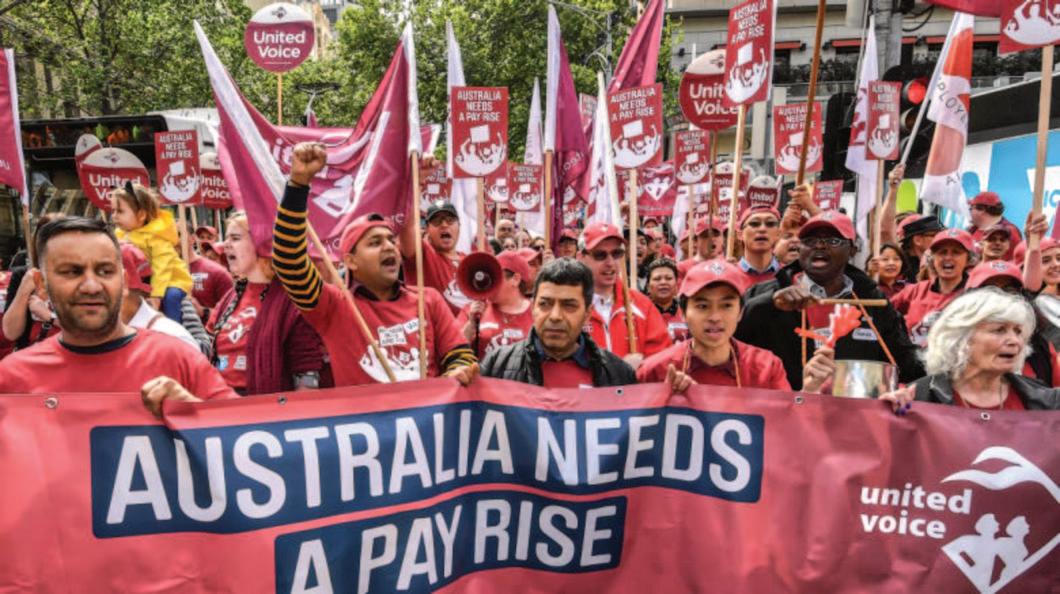
2 minute read
Now is the perfect times to demand fair wages
Now is the perfect time to demand fair wages
With cost-of-living pressures increasing and wage growth stagnating, it’s time to go on the offensive says Sue Bolton.
Advertisement
Following two years of a global pandemic, wage growth for workers is at an all-time low. Meanwhile, the cost of living for ordinary people is steadily increasing.
According to the Australian Bureau of Statistics, wages have only grown by 2.3 percent in the past year, compared with previous decades when nominal wages grew 2.5 percent or more a year.
The situation worsens when you consider prices for consumables have risen 3.5 percent over that same period. Fuel, housing and transport costs are up by 32.4 percent, 21.7 percent and 12.5 percent respectively. (Now that Australia has joined the ban on Russian oil imports, fuel costs will soar even more.) Vegetables, beef, childcare and medical costs have risen from 4.2 percent to 8 percent.
The Reserve Bank of Australia predicts wages will remain stagnant and that households can expect inflation to outstrip wages until at least the end of this year. Economists say the impact of the Omicron variant of COVID-19 will further slow wages growth. Meanwhile, corporate profits soared by more than 13 percent last year.
The Australian Council of Trade Unions said workers are “copping the worst real terms pay cut in 20 years” and “any recovery from the pandemic relies on real wage growth so working people can keep up with the rising cost of living”.
The federal government is refusing to address cost-of-living pressures and wage stagnation. While federal treasurer Josh Frydenberg acknowledged the pressures, he said they would be addressed by tax cuts.
But tax cuts cannot compensate for the losses in overall income due to wage stagnation and they do little to directly address the immediate issues of low wage growth and higher costs of living. This is because most workers are not in the income bracket the tax cuts will mostly benefit. Frydenberg’s tax cuts will also likely be paid for by cuts to services and welfare.
The government is bragging about the country’s 4.7 percent GDP growth, saying it is leading the world. This wild reading ignores the fact that the wages share of GDP has dropped to below 50 percent.
Australia has some of the most draconian industrial relations laws in the OECD. Legal industrial action is highly restricted and this intimidates workers. This has left many workers languishing on award wages without the benefit of collective bargaining agreements. Meanwhile, bosses have the power to take industrial action against workers, such as locking out workforces — as recently evidenced in Sydney when the NSW government shut down the rail network and CityRail workers were effectively locked out (see page 14).
The only way to lift wages is if unions go on the offensive and build confidence among workers to take industrial action — legal or illegal. Workers should not be made to pay for the global pandemic. Unions need to organise to demand fair wages, and a good time to do that is before a federal election.









